
In an era of Trump-led politics in the US, breaking down stereotypes and speaking out against fear and lies is an imperative. Probably the ONLY good thing we’ve seen since the 2016 Presidential election results is the rise of activism, organizations leading grassroots efforts for progressive measures, and ordinary people realizing the power in using their voice more than ever.
One young woman who is an example of what this looks like is University of Pittsburgh student Aya Shehata, who is undertaking a major in Psychology and Sociology, a minor in Chemistry, and a certificate in Arabic. This young feminist activist also heads up a Female Empowerment Movement organization, is the female social chair for the Muslim Student Association which exists to break down social stigmas around the Muslim faith, and mentors young girls in the Strong Women, Strong Girls program about the importance of role models and education.
While there are plenty of fear-led, partisan news organizations choosing to focus on narratives that paint nearly all of the 1.8 billion Muslims around the world as the same as those inflicting horror in the name of religion and God, we feel it is important to highlight the work of everyday people, especially young women, whose very lives are the antithesis of a stereotype.
Living in the US, Aya Shehata recognizes she has the privilege and opportunity to share about her faith and feminism in a way that can foster honest dialog and better understanding. In a profile on StudyBreaks.com, she says one of her core messages is to show that if feminism isn’t defined in one single way, there should be room for people of faith to determine their lived expression.

“I think the most important distinction to be made is that faith and feminism are not mutually exclusive—in fact, in Islam, feminism is a core tenant. Just because someone doesn’t practice the same faith as you, or the same feminism for that matter, doesn’t mean that their version is any less right. We need to understand that differences exist, and we must embrace that for all of its beauty,” she told interviewer and Northern Illinois University student Kara Mercer.
Working for the Strong Women, Strong Girls program is where she has learned to “check her privilege” the most, especially in regard to education opportunities.
“In my family, college is a given, so I never really thought anything of having that support system to make sure I achieved a bachelor’s degree. After mentoring these girls, it dawned on me that not everyone is as lucky to grow up in such a positive environment. That’s why the work I do with these girls is so important to me—I feel like since I was so privileged, it’s my duty to provide as much support as I can to anyone who needs it,” she said.
One of her goals in the future is to work in the area of women’s health globally.
“I’d like to travel to third-world countries and provide medical services to underprivileged women, and educate them on their bodies and rights,” she said.
As president of the Female Empowerment Movement, she has led discussions and panels about the wage gap, careers, women’s health, mental health and intersectionality, and says she is thrilled to be a voice for other young Muslim women in this organization.

“I believe empowering women is really important, hence the name, and I felt as though a lot of the women’s organizations were lacking in that aspect…It was such an honor to be sitting and talking about my experience as a Muslim woman,” she said.
Reading about Aya is certainly empowering and encouraging, but she battled with her own insecurities about her faith and culture growing up in New Jersey. In a profile piece for Pittnewsprofiles.com, the Egyptian-American explained how difficult it was at times to bridge the two different cultures she lived within.
“When I was younger, I was almost ashamed of my religion and my culture, and the fact that I was so different from everyone else that I went to school with because I was in a predominantly white, privileged area,” she told reporter Brandon Marx.
“A big part of my childhood growing up was that battle of ‘Am I American? Am I Egyptian? Am I both?’ Does my culture play a role in my day to day activities? How can I create that balance?’” she added.
Aya recalls her parents worrying about her trying to conform, while struggling with her faith, and sent her to an Islamic school where she was able to learn more about her family’s beliefs for herself. She was given the opportunity to decide for herself and today wants to use her faith as a way to empower others in her community, and especially break down misconceptions that Islam is inherently a sexist religion.

In her family, both her parents encouraged her ambitions and never placed any restrictions on her because of her gender. In fact, she credits her mother as her biggest role model when it comes to careers and overcoming difficulties. She did her residency while also looking after a child, and while working as a doctor, she was diagnosed with ovarian cancer.
“Even with her chemo treatments, she continued to work as a doctor and never allowed her disease to get the better of her. Looking back, it was hard to even remember that she was sick considering how normally she carried on with her life. Her ten-year diagnosis anniversary was this year, and I couldn’t be prouder to be her daughter,” she said.
Because of her Muslim faith and feminist beliefs, Aya has had the opportunity to have open conversations with people who have questions, which is something we need more of rather than battle lines being drawn by politicians, newsmedia, and ideologically-driven policies.
It would be nice to get to a stage in our society where people like Aya Shehata are the default image we think of when someone says “Muslim”. And she is not alone in her activism. Young women like Youtuber Haifa Beseisso uses her social media influence to travel around the world and give audiences a different perspective on what life as a Muslim woman is like.

Iranian journalist Solaz Sharif launched a sports media platform called Shirzanan to increase visibility and break down stereotypes about female Muslim athletes. Comedians Nadia Manzoor and Radhika Vaz are the brilliant masterminds behind the award-winning web series ‘Shugs & Fats’ which uses comedy to tackle stereotypes about Muslim women in America. And of course we can’t go past Amani al-Khatahtbeh, the creator of MuslimGirl.net which has become a go-to blogging platform for millennial Muslims feminists around the world.
In her spare time, Aya is a volunteer coordinator for the Islamic Center of Pittsburgh Food Pantry, where she helps distribute food and amenities to people in need.
“It’s such an amazing experience being able to help so many people, Muslim and non-Muslim alike. Definitely the most rewarding thing I’m involved in,” she said.
She does this because her it is part of what her faith requires, and wants others to know how important it is.
“That’s a big part of Islam, wherever you go you have to leave a good impression and we see ourselves as representatives of the faith. That’s always been my mantra, that’s how my parents raised me, giving back to people who are in need,” she said.
We are certainly encouraged to see role models like Aya Shehata using her opportunity to foster understanding, empower others, and prove anyone has the capacity to make a difference in the world, one voice at a time.













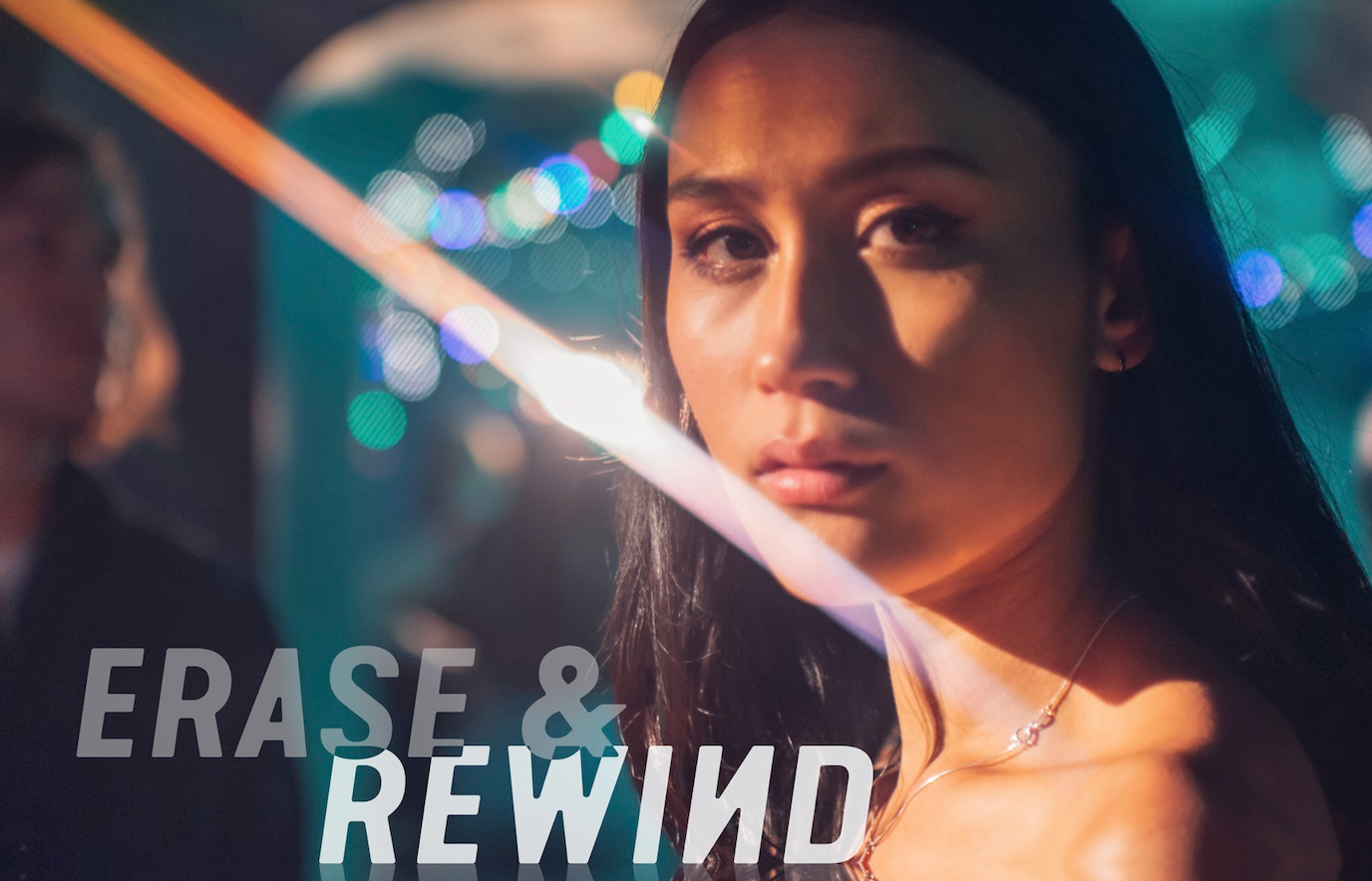
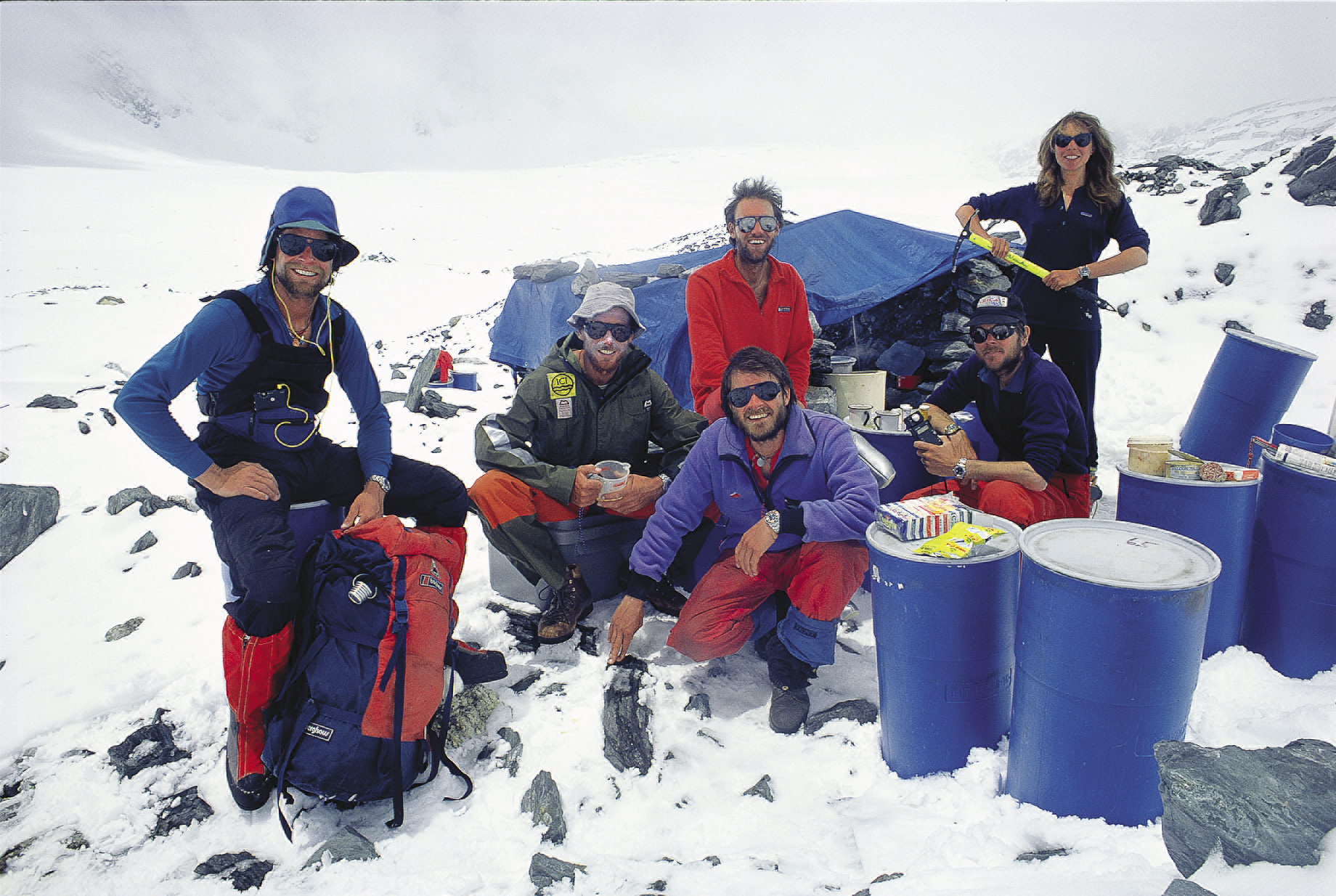
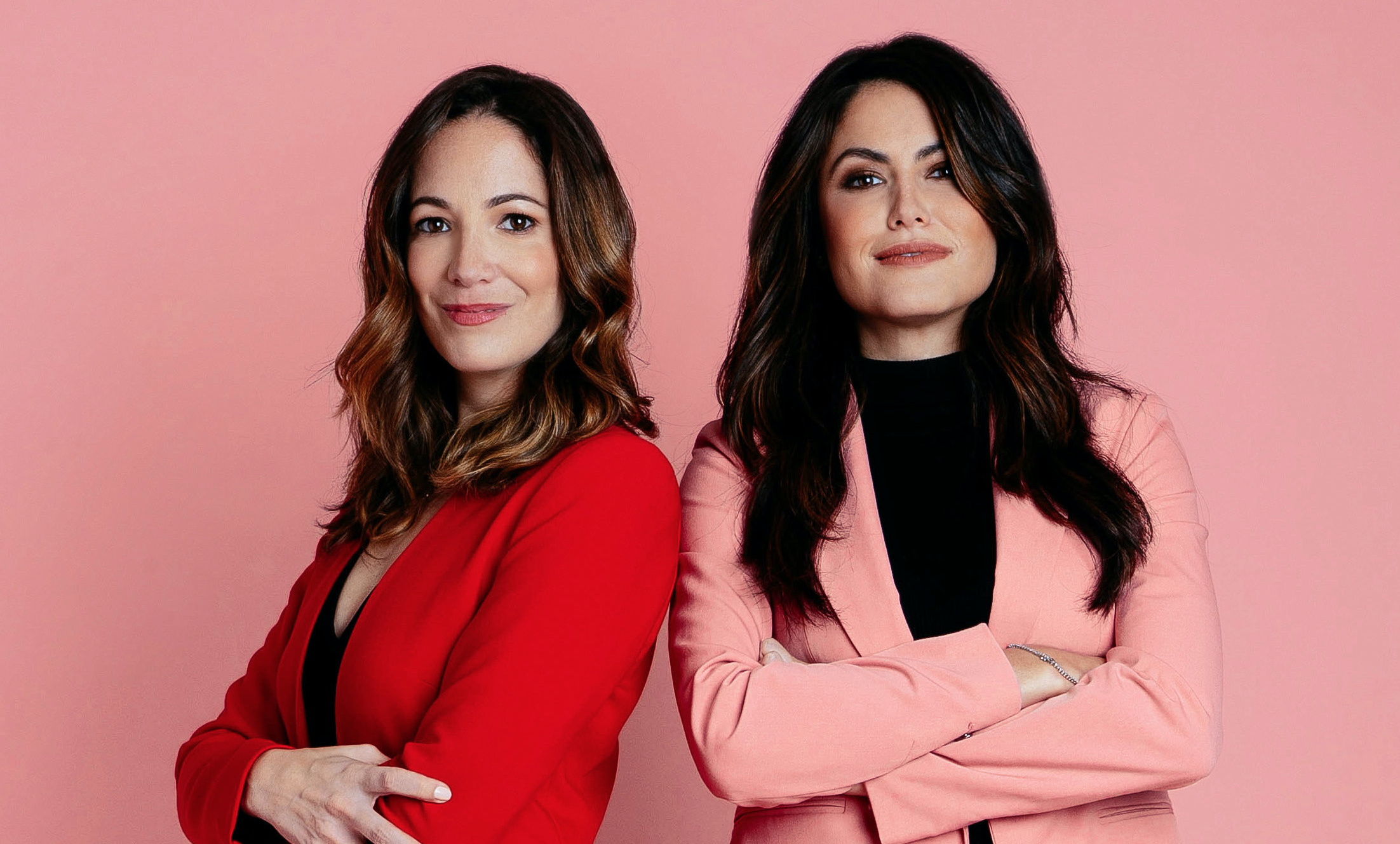
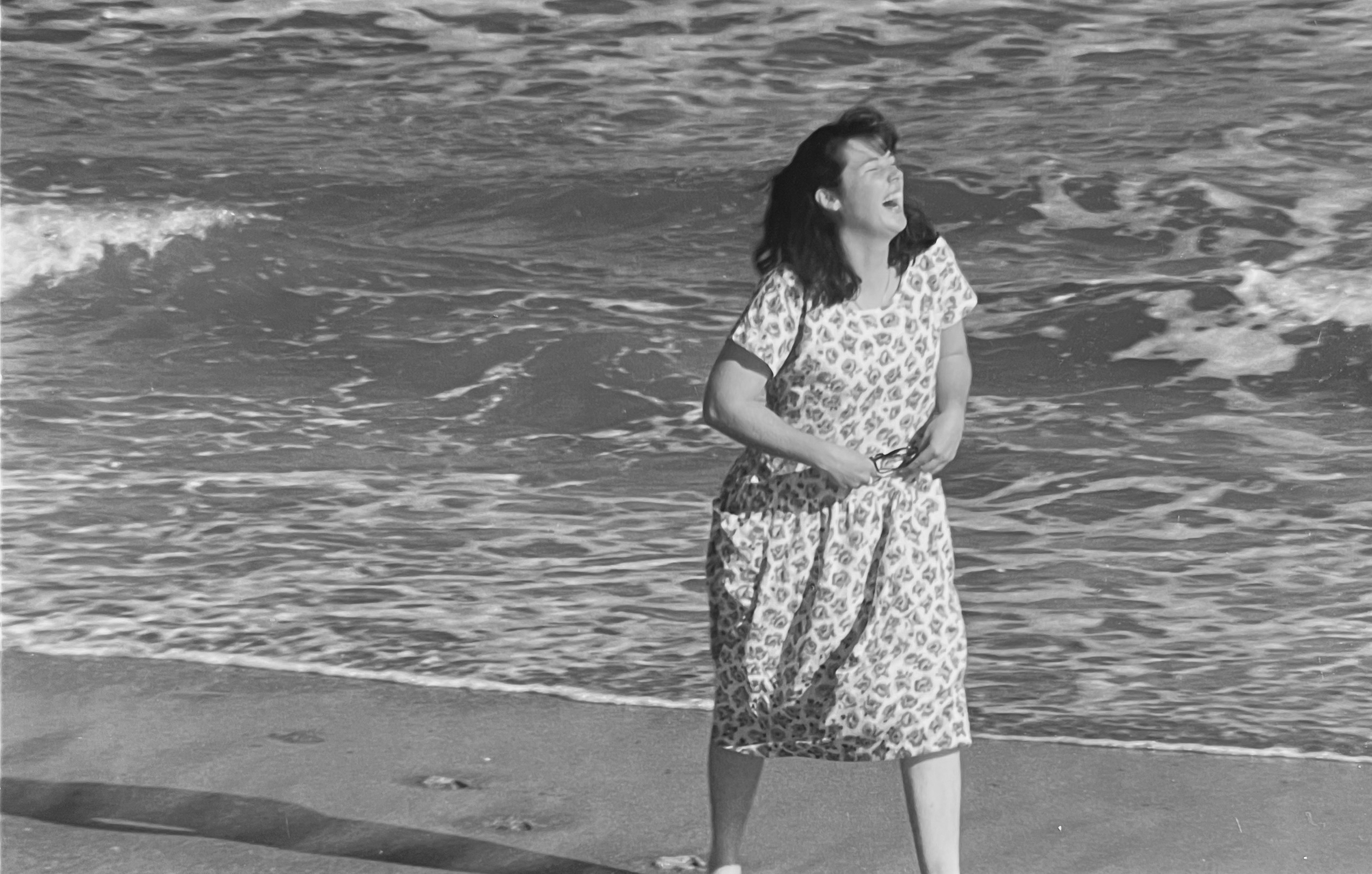
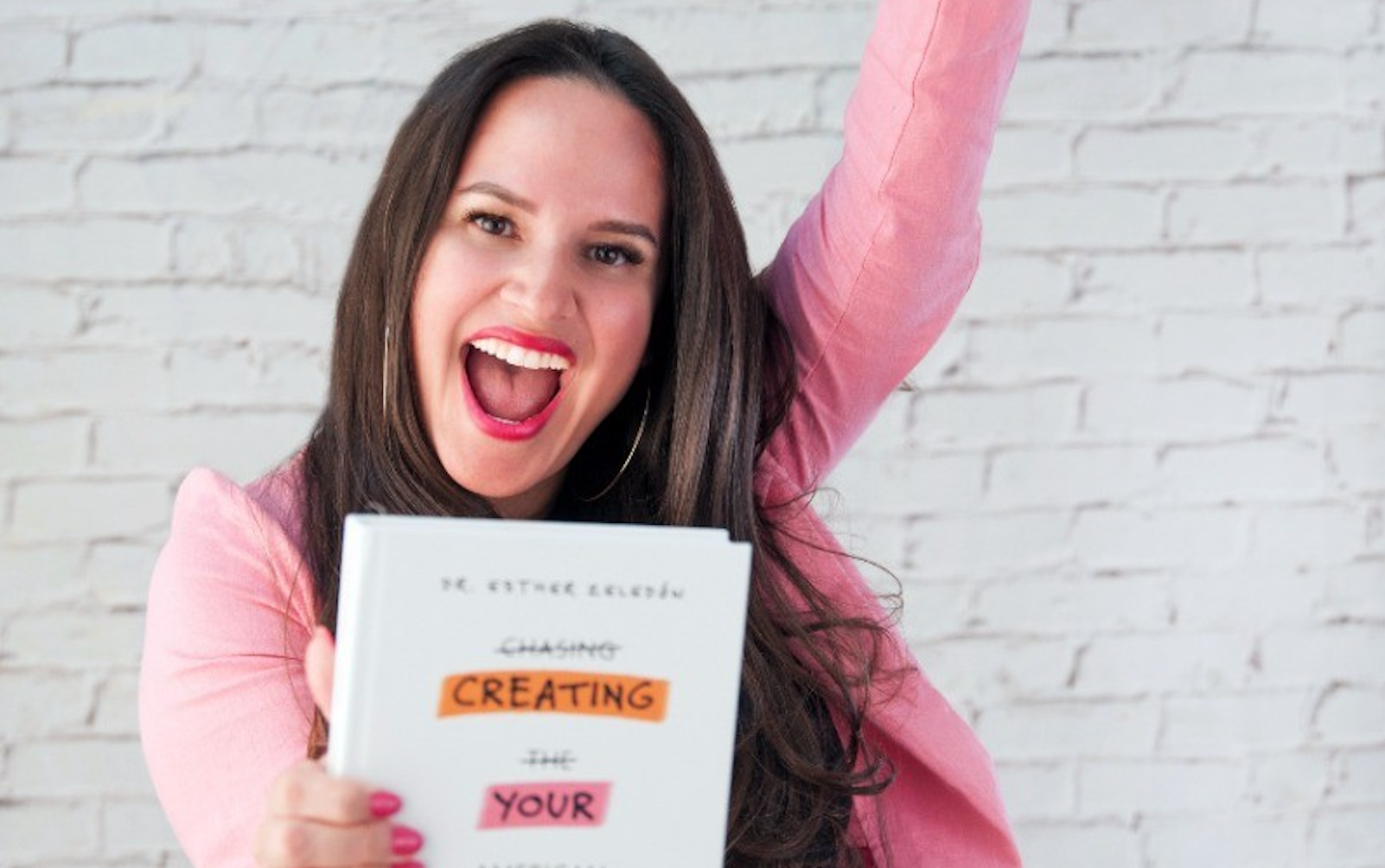
3 thoughts on “Meet The Muslim Feminist Activist Breaking Stereotypes, Promoting Education & Women’s Rights”